Why and how to eliminate toxins from your diet

Many of us were brought up loving certain foods because the supermarkets do a great job of selling them to us, and we don’t even realise that some of these foods cause harm. In this blog, we’ll give you some practical tips to eliminate toxins from your diet so that you can live the life of freedom and vitality you long for.
You may be wondering how there could be toxins in food. The truth is that toxins are hidden in some of the most unsuspecting places. Did you know that the toxins found in certain foods can upset hormones and cause weight gain and cost you energy for life? If you’ve been feeling like you just can’t shake that last 2kgs or 5kgs or you’re exhausted at the best of times, then toxins and an imbalance in your hormonal structure could be the culprits.
At YOUnique Life, our core focus is on helping our community to take small, practical steps toward food and lifestyle freedom. You were created to live a life of wholeness and vitality,...
How To Avoid Yo-Yo Dieting

A yo-yo dieting mindset is something we never intend when we start a diet. When we first sign up to the latest and greatest dieting plan, it really is with all of our best intentions. We also genuinely believe in the results we’ve witnessed others achieve and find ourselves spending a lot of money on supplements (depending on the diet plan).
However, it doesn’t take long before some of our past unhealthy habits start to slowly creep in again when life gets busy. This is normally when we either decide to start again “next Monday” or we completely give up only to start a new diet fad in the following January.
Research has shown us that yo-yo dieting can do us more harm than good. When we fail miserably with one eating plan and jump into the next one, our bodies take on the pressure and strain.
What Is Yo-Yo Dieting?
The word diet is often used in conjunction with the idea of our goal weight or our perceived goal weight.
According...
Why should we avoid preservatives?
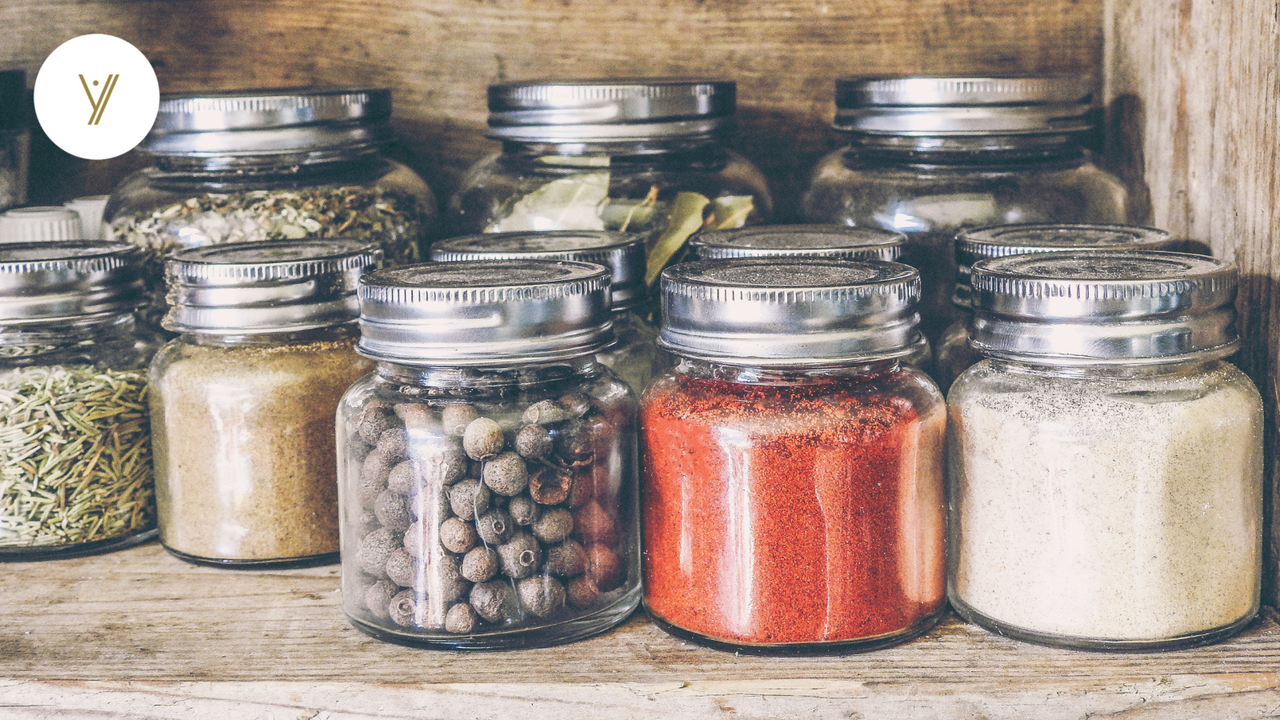
The heart of our blog is to bring the right information to your news feed so that you can make wise decisions about food for you and your family. We hope you find our blogs enlightening and interesting! Today we are jumping into what preservatives are, and why they are not good for us.
What Are Preservatives?
Preservatives are used to ‘preserve’ food items so that they remain fresh, or as fresh–looking as possible. They help to increase the shelf-life of products and they make sure that there is no loss of taste or flavour in the product over an extended period of time.
There are two types of preservatives, they are either natural, or chemical and artificial.
Natural preservatives are natural ingredients that have not been chemically altered and are not mixed with any synthetic items either.
Artificial Or Chemical Preservatives are artificially produced or synthetic in nature. Often these are also called ‘additives’ on our everyday food...
The Healthy (& Delicious) Gammon Recipe
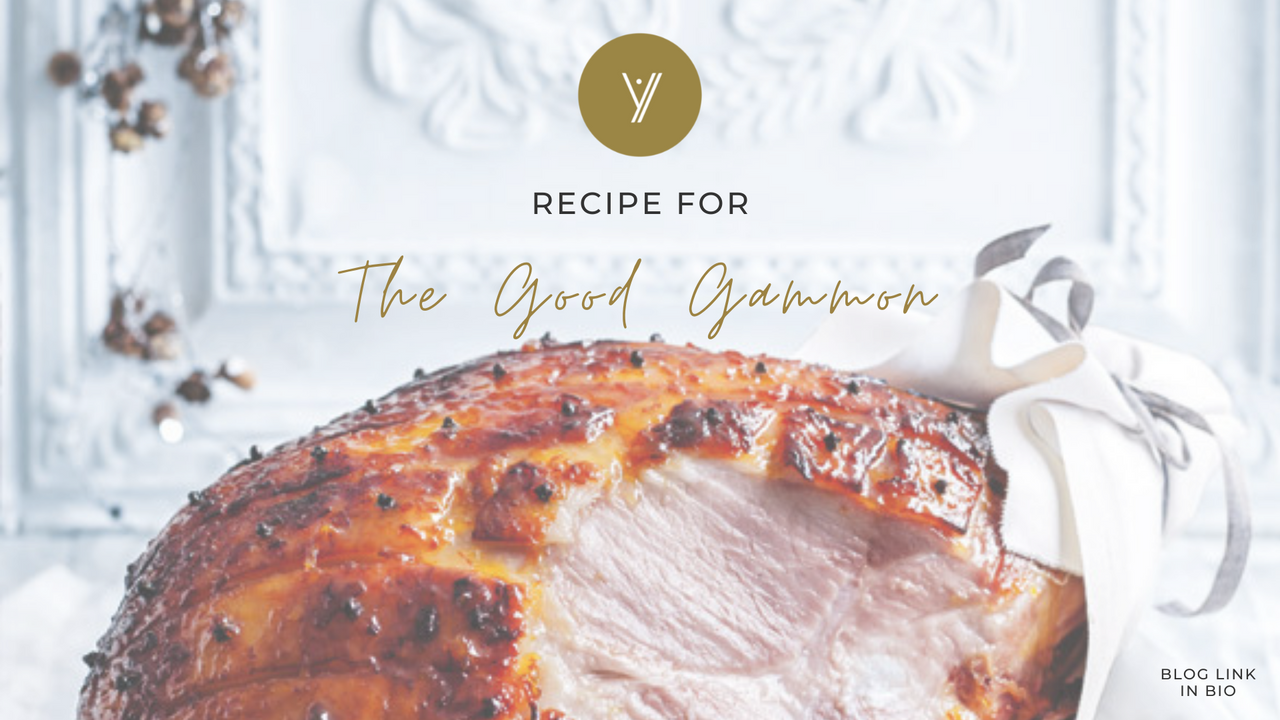
Hmmmmmmmm, Christmas smells like cinnamon spices, warm summery days with pineapples, and most of all, our healthy deliciously juicy gammon!
This recipe serves 8 people, with lots of leftovers for the week after Christmas
Ingredients
You will need:
A nice big gammon, approximately 1.8kg or 2kg.
125ml of rice malt syrup.
4 tablespoons of olive oil.
1 tablespoon of paprika.
2 teaspoons of ground cloves.
1 teaspoon of ground cinnamon.
1 teaspoon of sea salt and 1 teaspoon of black pepper.
Zest of 1 big orange.
3 tablespoons of orange juice.
Instructions
Prepare the following on Christmas Eve:
- Line your baking dish with baking paper or grease the pan with coconut oil.
- Wash your meat and pat it dry so that it is ready to cook.
- Combine the rice malt syrup, olive oil along with 4 tablespoons of water into a jug.
- Stir in your spices, the salt, pepper, orange juice and orange zest.
- Pour the mixture over your gammon and rub it into the meat.
- Place your gammon into the baking dish and cover...
Christmassy Mince Pie Recipe
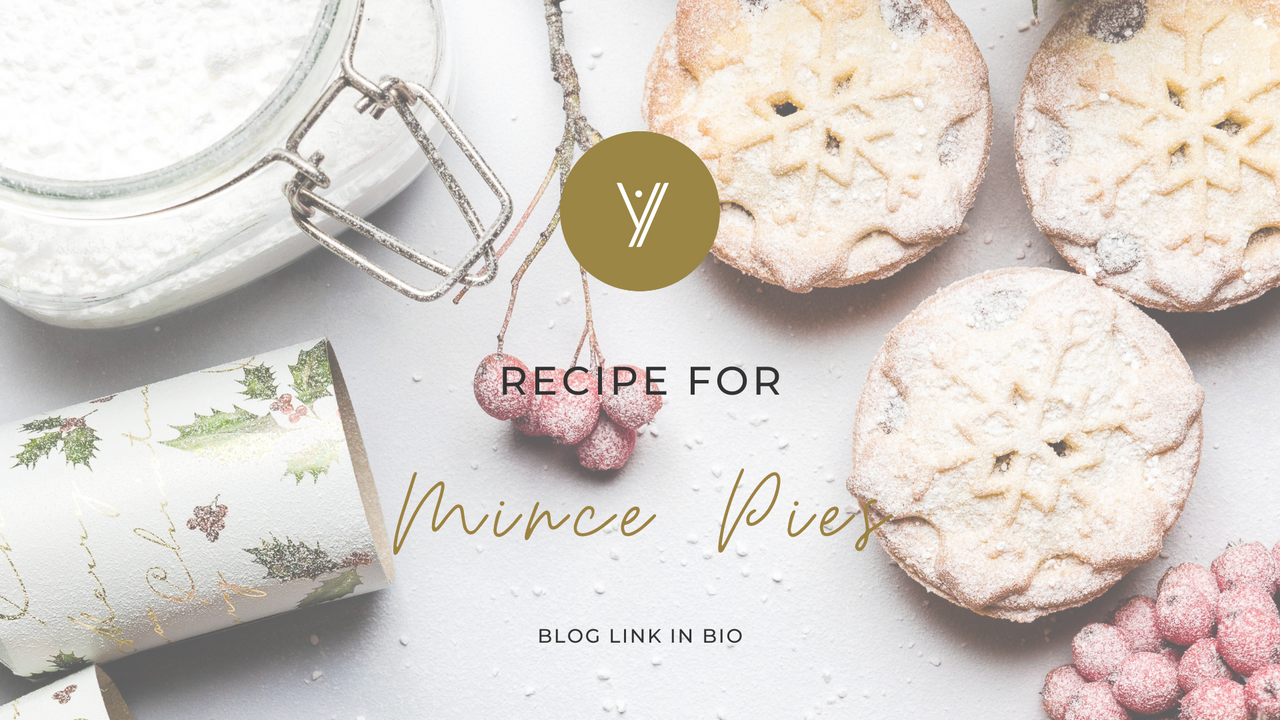
What is Christmas without some deliciously healthy mince pies? These delicious creations are a staple in our households each year. They are super fun to bake, if you have kids, get them baking with you in the holidays. Not only is it a great way to bond with them but it also gets them excited about learning new things in the kitchen.
(This recipe mades 6 -8 delicious mince pies)
Ingredients
You will need (Pastry):
35g raw coconut oil.
200g oat flour.
90ml maple syrup/
1 big pinch of vanilla powder, ground cinnamon or ginger (this is optional)
Add these into the pastry to give it the Christmas feel:
2 teaspoons of ground cinnamon.
1/2 teaspoon of ground cloves.
1/2 teaspoon of ground nutmeg.
1/4 teaspoon of freshly grated ginger, or ground ginger.
1 and a half tablespoons of maple syrup to brush and then coconut palm sugar to sprinkle.
Instructions For Making The Pastry:
- Melt your coconut oil, and then leave it to cool for a few minutes.
- Combine all your ingredients into a box mixing bowl...
Why Diets Don't Work
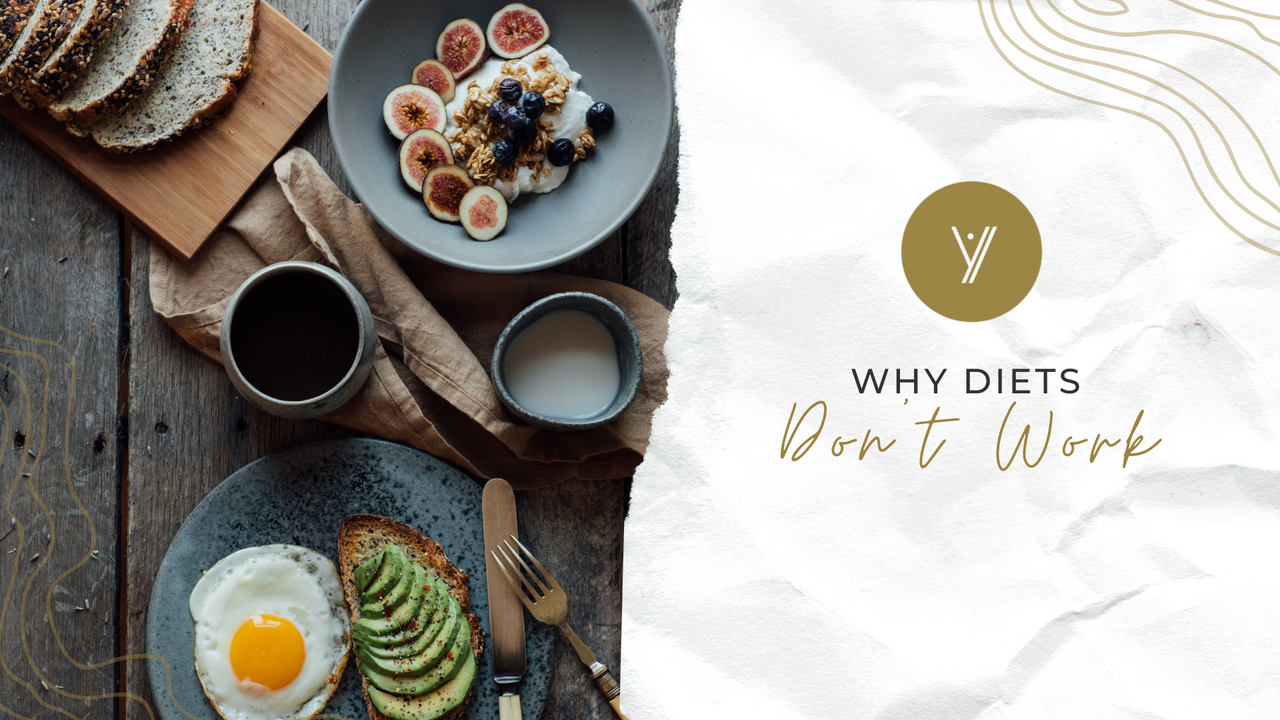
As we all know, the number one New Year’s resolution around the world is “I am going to lose weight.”
Before you choose the trending fad diet and spend a fortune on all the products you need for this coming new year, we thought we would write about why diets don’t work and give you a few tried and tested ideas of what will work.
The word diet means “the customary food and drink of a culture, a person, or an animal.”
However, for many of us, the word diet does not mean that. It means “a temporary and highly restrictive program of eating in order to lose weight.”
It’s this idea of temporary restrictive eating that we will be tackling today.
Research shows that 95% of people who lose weight by dieting will regain it within 1-5 years, and there are a few reasons for this.
- Many of us think that diets are a temporary plan, however, when we...
Building Blocks of Nutrition: Fibre
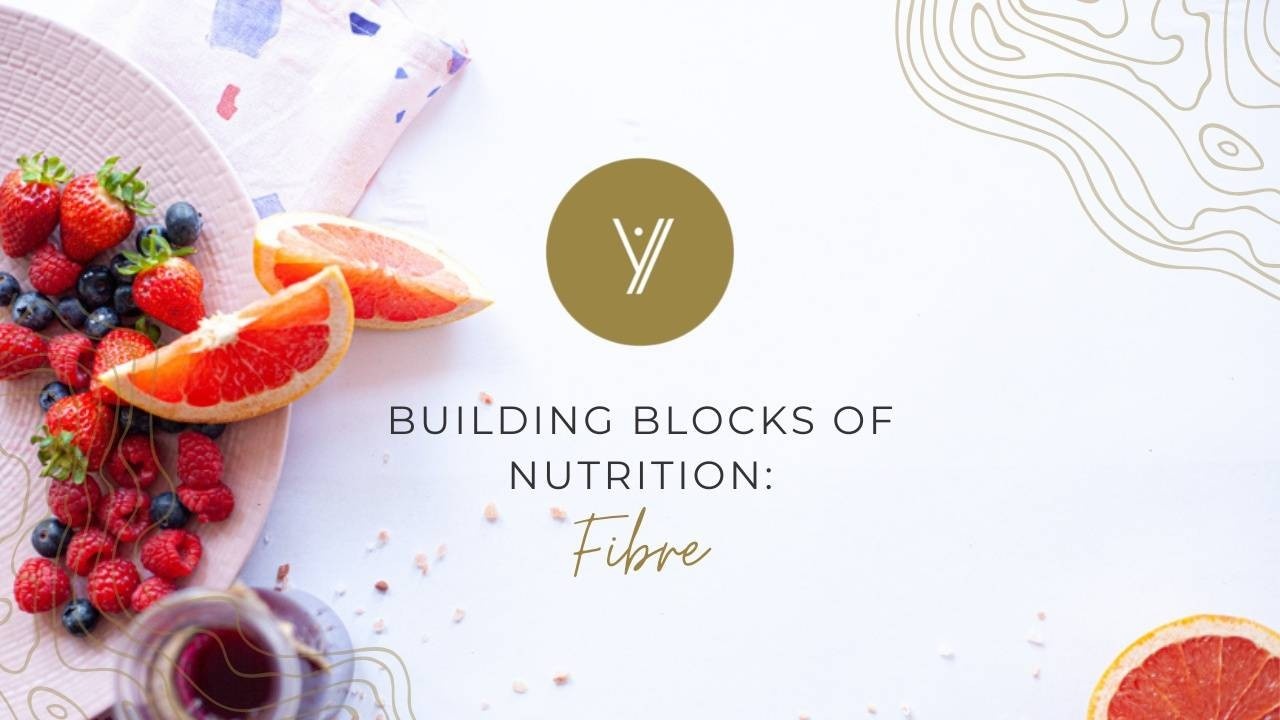
Dietary fibre includes the parts of plant foods your body can’t digest or absorb. Unlike other food components, such as fats, proteins or carbohydrates — which your body breaks down and absorbs — fibre is not digested by your body. Instead, it passes relatively intact through your stomach, small intestine, colon and out of your body. Taking with it toxins, waste, fat, excess hormones and cholesterol particles out of the gut.
Some functions of Fibre:
- Needed for efficient digestion
- Helps maintain bowel health
- Keeps your heart healthy
- Regulates the amount of glucose in your blood – stabilises blood sugar
- Keeps energy levels up
- Helps concentration
- Keeps skin healthy
Types of fibre
-
Soluble fibre
-
- This type of fibre dissolves in water to form a gel-like substance which makes you feel full longer.
- is one reason why fibre may help with weight control.
- It slows digestion and the emptying of the stomach.
- which can regulate the rate at which sugars are...
- This type of fibre dissolves in water to form a gel-like substance which makes you feel full longer.
Building Blocks of Nutrition: Fats
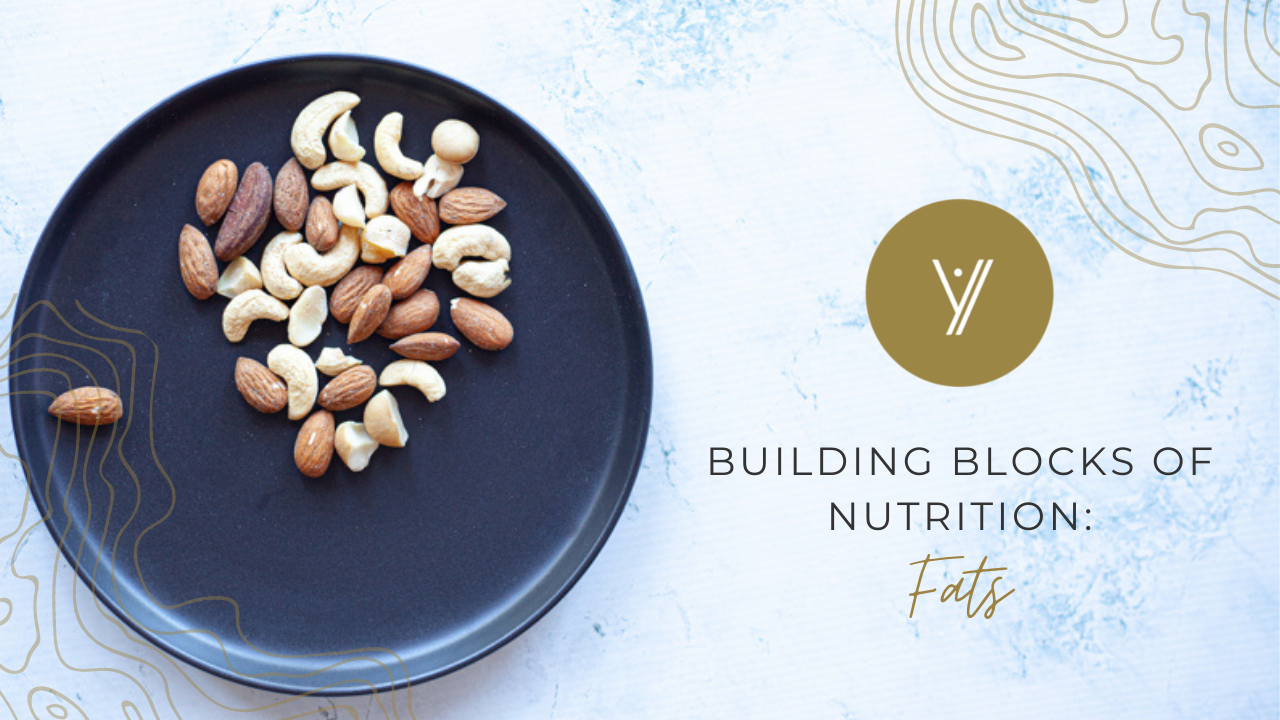
The truth about Fats, that could change your life
Fat seems to be the Buzz word these days, is it Good or Bad? What fats to eat, what fats to stay away from. Knowledge is power. Understanding Saturated, Unsaturated and Trans fats allows you to make better food choices and stay healthy. The truth is there are good fats and there are bad fats. We need good fats as they are necessary for good health and wellbeing. Let’s look at the truth about fats.
Good Fats
- Make hormones
- Protect your organs and reduce inflammation.
- Make us feel full, as they take longer to digest.
- Suppresses the appetite and signals us to stop eating.
- Supply fatty acids that are essential for numerous chemical processes.
- Help the formation and function of membranes.
- Transport molecules into and out of cells.
- Are essential for brain function
- Fats transport and absorb the fat-soluble vitamins A, D, E and K, A
Then there are Bad fats (Trans fats) which you don’t want to be eating,...
Building Blocks of Nutrition: Carbohydrates

A hot topic ….. are they bad, are they good. I have come full circle on this one. I cut out ALL carbs, to overdoing the carbs, to finding a healthy balance. I spent hours on this topic, wading through the articles and research papers about carbohydrates trying to understand them better. What did I find? Every person’s body is different and will require different carbohydrate intake. It turns out that high or low carb intake is less important than the type of carbohydrate you eat.
The Function of Carbohydrates
- Carbohydrates provide the body with glucose, which is converted into energy and used to support bodily functions and physical activity.
- Carbohydrates provide fuel for the central nervous system and energy to working muscles.
- They prevent protein from being used as an energy source and enable fat metabolism.
- Carbohydrates are important for brain function.
Carbohydrates are split into two categories
...
Building Blocks of Nutrition: Proteins
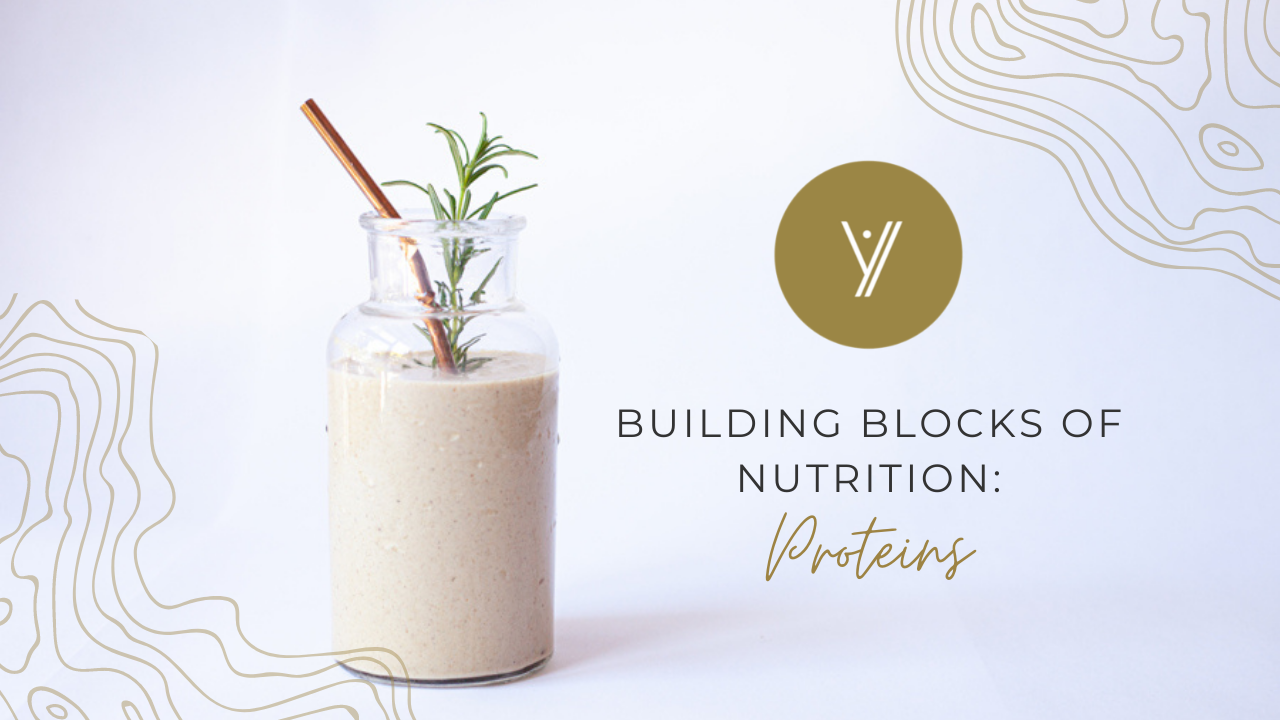
Proteins are a fundamental building block of many of the cells in our body. Muscles, hair, skin and connective tissue are mainly made up of proteins. Many important things like enzymes, hormones, neurotransmitters, and even DNA are partially made of protein. I think you are getting the gist, proteins are very, very important for us.
Some functions of proteins:
- Vital in maintenance, development and repair of body tissue.
- Hair, skin, eyes, muscles and organs are all made from protein.
- Protein is a major source of energy.
- Protein is involved in the creation of some hormones.
- Enzymes are proteins that increase the rate of chemical reactions in the body.
- Protein is a major element in transportation of certain molecules.
- Haemoglobin is a protein that transports oxygen throughout the body.
- Protein is also sometimes used to store certain molecules.
- Protein forms antibodies that help prevent infection, illness and disease.
What are Proteins made of?
Proteins are made up of smaller units...

